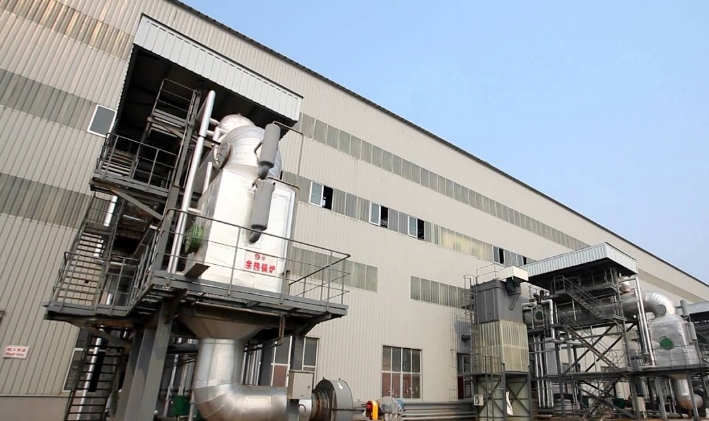
The process of producing calcined oil coke involves heating crude to high temperatures. Carbon-rich solids with low melting points are produced. They can then be used for various industrial purposes. Calcined petroleum petcoke, which is produced at a cheaper price than fossil fuels like coal or naphtha and has less ash in it, contains less carbon. Also, it is an ideal fuel oil substitute in both power plants and cement-kilns. Glass, bricks, and fertilizer are also used.
Demand for calcined Petcoke is driven by the necessity to replace conventional forms of energy at smelters, and in electric power production facilities. It has several advantages over other metals, such as its weight-to-strength ratio and price. It has a good dampness ratio, is very formable, durable, and corrosion resistant. In the coming years, demand for calcined PETCOKE is likely to rise rapidly.

Additionally, the demand for aluminum has increased due to new vehicle and building projects. The demand for calcined oil coke will increase across the globe. Several companies are working to develop new technologies for the production of calcined petroleum coke. This effort will help the industry achieve economies-of-scale and improve its profitability.
Currently, the most popular application for calcined petcoke is in the steel industry. This is a good alternative to coal because it has a lower carbon content. It also has a higher calorific rating. Also, it is a superior alternative to natural gases because there are no emissions of sulfur or nitrous oxide into the air. The steel-making industry will use more calcined coke as a result.
The United States' natural gas shortage has increased demand for calcined PETCOKE, but other factors have an impact on supply and pricing. The production has been affected by a winter storm that prevented some North American plants operating. In addition, a labor dispute at the Port of Hamburg has disrupted exports from Germany. The price of petcoke CFR Hamburg has increased as a result.
The lack of GPC surplus capacity in the near future will likely limit calcination. In addition, import restrictions from Russia could restrict growth. Sanvira Industries, a Middle East company, has begun construction of its 250,000t/yr second phase calciner plant in Oman.
The smelters are more likely to mix different CPCs as the capacity increases. The smelters will have to blend low V/S, high S and rotary- and shaftcalcined CPC. The blend will need to include different bulk density and porosity profiles.
CPC prices rose in the US Gulf Coast slightly for Q2 after refiners placed aluminium producers on allocations. Green coke was also tighter due to lower production at oil plants because of a Coronavirus Pandemic. The buyers were not sure if this increase would last.

Write a Message